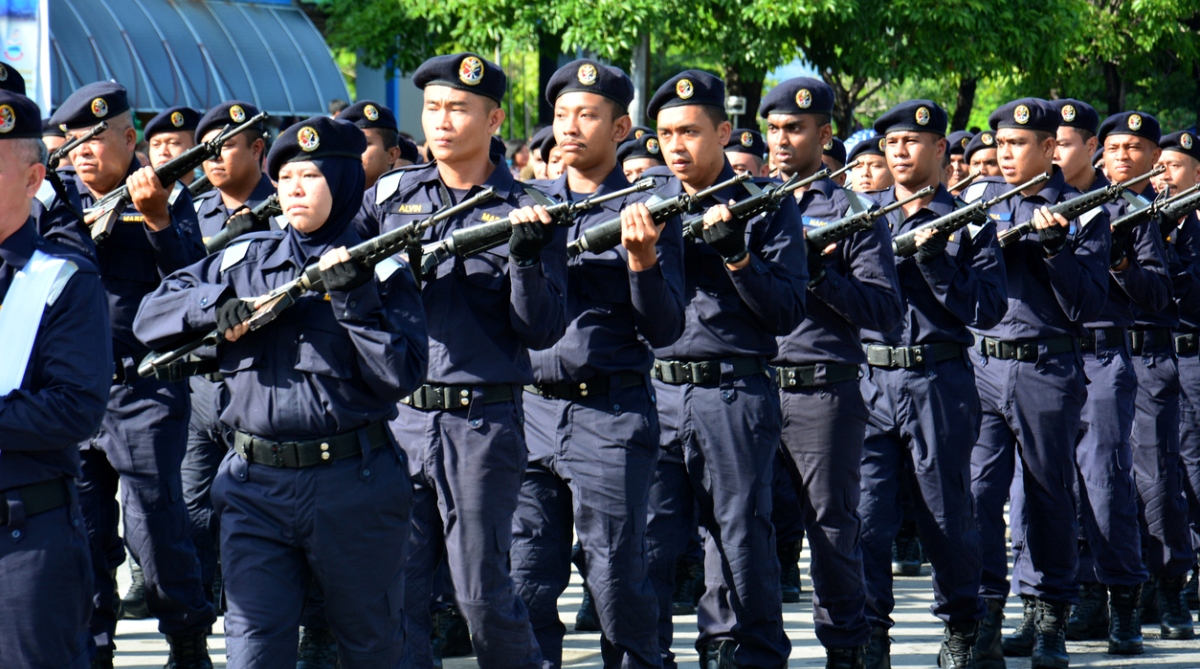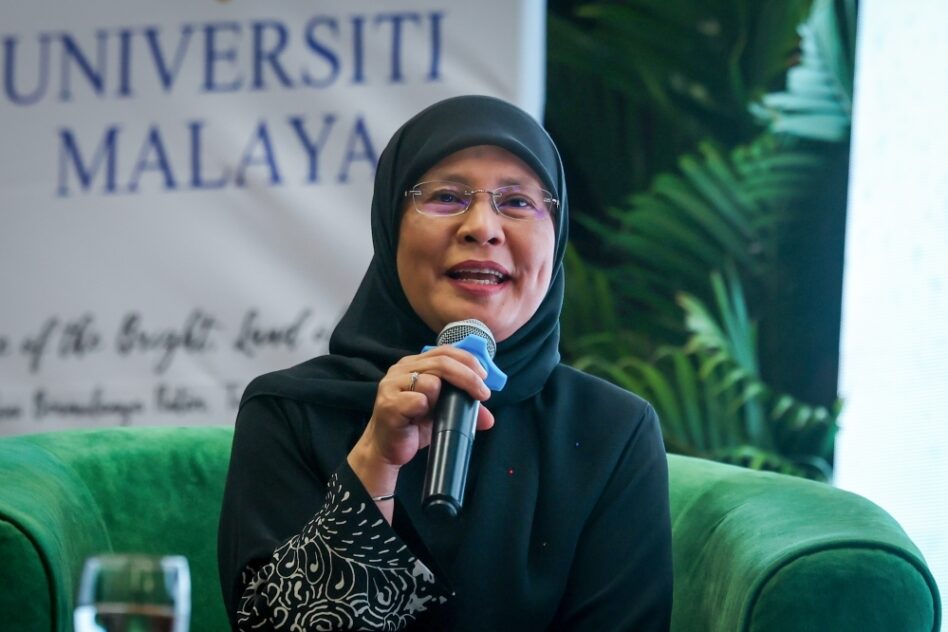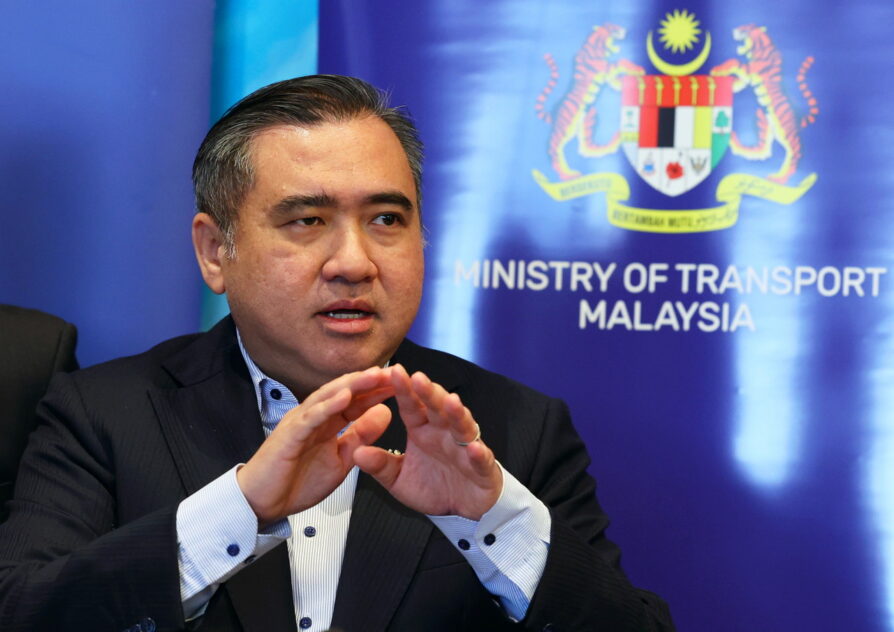SOME years back, during a discussion organised by Promotion of Human Rights (Proham), I had a tiff with some high-ranking police officers present there. I was of the opinion that police investigations were “instruction orientated” because on a similar situation, the police can take two very different action and it all boils down to what instruction they got from their superior.
The police officers at the meeting said that they are “investigation orientated” and do what the law allows them to do. However, one cannot blame them because they are duty bound to follow instructions from their superiors.
Of course, retired police personnel may say a bit more on what actually goes around!
On that note, I was amused when a few people welcomed the setting up of the Criminal Investigation Unit (CIU) on Deaths in Custody (DIC) as some “light at the end of tunnel” or a good start. This people also ridiculed human rights activists who did not share their views on this subject.
Anyone familiar with activism work and the history of the Independent Police Complaints and Misconduct Commission (IPCMC) would definitely figure out what Home Minister Datuk Seri Hamzah Zainudin was up to.
Police investigating the police
This suggestion by Hamzah is not earth shattering. The police have previously set up similar units and formed task forces before to deal with some cases. It is also a normal practice to ask another police district to investigate or seek Bukit Aman or state police headquarters to investigate a crime when certain police personnel are implicated or seen to be bias.
In all the workshops on police powers organised by team, I emphasise that the people should write this at the end of their police report, “ Saya mahu siasatan dilakukan oleh pihak polis berkecuali dan bebas atau pihak polis dari IPD lain”. (I want the investigation to be conducted impartially and fairly or by another police district) This is the least we can do until such a time we really have alternatives or a more professional police force.
Anyway, there has never been a concerted effort by non-governmental organisation (NGO) and civil society movements calling for the setting up of the CUI.
Neverthess, there are many examples that why the police cannot investigate themselves. A classic example is when former Deputy Prime Minister Datuk Seri Anwar Ibrahim was assaulted by the police while being tied and blindfolded at Bukit Aman.
Yet, the Attorney-General’s Chambers (AGC) office has to keep asking the police to reinvestigate the “black eye incident” because no matter how many policemen investigated it, the truth never came out until the Royal Commission of Inquiry was established.
Independence in question
Let me give two other examples which I am familiar with. When Francis Udayappan died in police custody in 2004, activist and lawyers then called for investigation to be taken over by the state police headquarters and Bukit Aman.
Subsequently a team from IPK KL took over the investigation. Nevertheless, the lawyers handling the case were not happy with the investigation and the same question of police being impartial kept being raised.
Therefore, it is very unlikely that family of DIC cases will have confidence in police investigation even if it now comes under a new in-house unit.
Another incident was when lawyer G Balasunderam, a common people’s lawyer was found murdered on Nov 16, 2010. It did not take long for it to dawn on us that someone had planned the heinous crime in detail and paid hitmen to execute it.
There was a strong rumour and motive on who were involved. It involved a family with close connections with the police top ranks. Parti Sosialis Malaysia (PSM) did push hard, along with the Bar Council, for a proper investigation. In fact, a special task from Bukit Aman took over the investigation.
They made some arrests and in fact, had cracked the case. Suddenly, this Bukit Aman task force was abruptly told to stop their investigation when they were so close to complete it. One of the officers was very frustrated and told us in anonymity that the case has been taken off their hands and passed to someone else.
These good cops who did a lot of good work in breaking the case was so frustrated and told PSM to pursue nevertheless. We after that, faced resistance and could not get anything else out.
These are examples that on high profile cases, a police unit can be set up. The question is can they be really independent or do they still take orders from the force.
Now, can a unit set up by Bukit Aman be able to investigate the disappearances of Pastor Raymond Koh and Che Amri Mat independently?
In fact, can we even probe the 1MDB mismanagement or even the allegation raised by the former IGP Tan Sri Hamid Bador on the cartel in the force working with criminals?
A disabled man arrested for attempting suicide
Based on a recent case, let me highlight our experience in asking the Selangor State Police to take over an investigation of a district under its jurisdiction.
On Nov 5, SUARAM and PSM wrote a letter to the Selangor police chief and and copied the letter to Bukit Aman. We wanted them to takeover an investigation from Kuala Kubu Baru (KKB) police district because there was an allegation by the victim, who also is disabled man, that his attacker had bribed the police to bury the case.
In this case, the one-legged victim was attacked by two men in early October this year. He lodged a police report. The aggressor then confronted the victim again displaying and stating that he has made a payment of RM5,000 to the investigation officer (IO) to close the case. The attacker also threatened him that nothing can be done because he has money and that he will get his worker to decapitate him.
On the next day, around 3.30am, three people introducing themselves as police knocked on his door. Once opened, they attacked him, removed his artificial leg, assaulted him and told him to withdraw the police report, failing which they will harm his entire family members.
That same morning at around 7.30am, the disabled man attempted suicide by consuming poison but his friend managed to save him. He was sent to the Tanjung Malim Hospital and then later transferred to the Slim River Hospital. He was discharged from the hospital on Oct 9 and later he fled from his hometown fearing that he will attacked.
After some time in hiding, he then contacted us and I met him and his family at the PSM office on Oct 27. After listening to him, we thought the best way is to write a Statutory Declaration (SD) and get other police department to take over investigation.
After we sent letters to IPK and Bukit Aman on Nov 5, we thought it was safe for him to go back home. We were wrong because on Nov 11, nine policemen led by the same IO we were not comfortable with, came to arrest the disabled person.
They wanted to arrest him for attempted suicide under Section 309 of the Penal Code. This was the same law which recently the AG and the Home Minister wanted to decriminalise.
He was then put in police lockup overnight and taken to the court the next day in a wheelchair and later because of pressure from us, they released him with a police bail but then they rearrested him under Section 60 of the Penal Code where “whoever commits an affray shall be punished with imprisonment for a term which may extend to *six months, or with fine which may extend to one thousand ringgit or both.
In a nutshell, the case has yet to be transferred to another police district as requested by us. What does this say about the people putting confidence in the police?
Conclusion
Let us not be naïve when we are dealing with these issues. The police are an instrument of the Government of the day. So, politicians tend to try to have control of the force and they will always be reluctant to allow the police to become independent.
And that is why we get a watered-down Independent Police Complaints Commission (IPCC). So, there will always be orders coming from above. The CIU is just a cosmetic change.
The fight for IPCMC is one of those huge battles we must continue to strive on. It is the same way we fought the Internal Security Act (ISA) only to be replaced with Security Offences (Special Measures) Act 2012 (SOSMA). The fight goes on. – Dec 11, 2021
S Arutchelvan is the deputy chairperson of Parti Sosialis Malaysia.
The views expressed are solely of the author and do not necessarily reflect those of Focus Malaysia.









